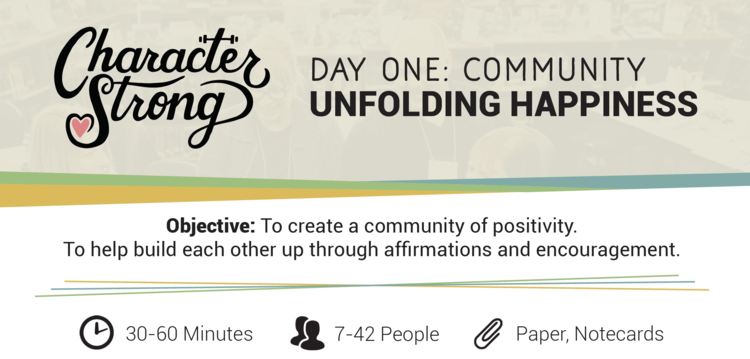Need Additional NGSS Science Resources? Start Here
If you are starting NGSS and finding it overwhelming, don’t be overwhelmed. It’s really not completely different than good science teaching practice has always been. We already teach students about thinking like a scientist, using evidence, problem-solving, and basic inquiry processes. Many of us are already using engagement activities or a discrepant event (not so different than a phenomenon). A discussion of the similarities and differences between inquiry and storylines is given here. They do differ, but there is overlap,Yes, the curriculum and assessments might change, and your day to day teaching may change because of that, but it may not be as dramatic of a change as you may be afraid of!
As you are looking to build lessons that support NGSS, here are a few links and resources that could help:
NGSS Lessons
NGSS Lesson screener - this is a tool to check if your lesson is aligned to NGSS. A lot of your prior lessons might just need tweaking in one or two areas to fulfill the requirements. This is a very in-depth evaluation tool. They state that “a lesson is defined as a coherent set of instructional activities and assessments that may extend over several class periods or days; it is not just a single activity”
If you find that you need some additional tweaks, storylines, phenomena, or other resources to get you started, here is a shortlist of places to start:
If you find that you need some additional tweaks, storylines, phenomena, or other resources to get you started, here is a shortlist of places to start:
Tweaks, storylines, & phenomena
- NSTA NGSS Hub - a hub of resources created by NSTA, and organized by topic
- Next Generation Science Standards - The standards themselves but searchable by grade level, topic, crosscutting concept, etc. If you are getting ready to teach a particular topic, it can be really helpful to see where it connects with other topics, or what exactly the students are required to know.
- NGSS Phenomena - one part of NGSS that I really like, personally, is that it asks students to look at phenomena from the real world and to examine what is happening. As I mentioned, these are a lot like discrepant events or engagement activities, but they can also be used in other ways. This is a searchable database of pictures, videos and other phenomena. It also includes some pages on “How to Use Phenomena” and examples.
- The Wonder of Science - This is a treasure trove! Of course, not all topics are present, but it is searchable by standard, and then includes examples of complete units with storylines, phenomena, etc. I would definitely start here to get your brain going!
- Next Generation Science Storylines describes themselves as a project dedicated to providing tools that support teachers in developing, adapting, and teaching with strongly aligned NGSS materials in classrooms around the country. A storyline is basically a series of coherent lessons (coherent to students) that focuses on solving a problem. The steps should be driven by students’ questions. Again, for the topics that are covered, there are examples of complete units, with teacher handbooks and supporting materials.
- Science Buddies NGSS Lesson Plans - Lastly, if you are looking for something a little briefer, that will let you get right into the lesson plans, this is a good place to search.











